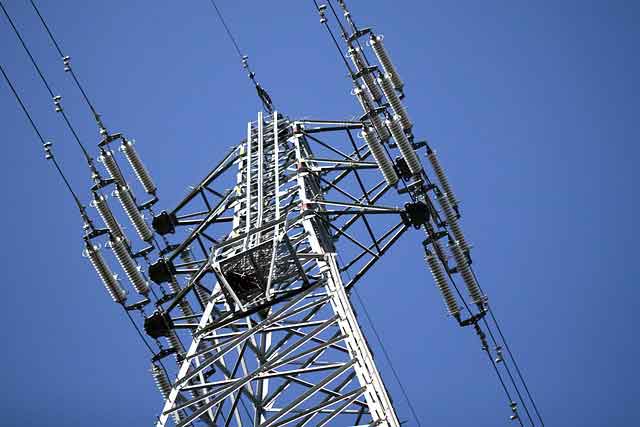60% of major retailers boost profits by going green
Performed in conjunction with Chain Store Age, the leading publication serving retail headquarters management, the results of the survey are this: 50 percent of retailers with 500 to 999 stores, and over 60 percent of retailers with 1,000 stores or more, indicated that sustainable energy initiatives help them save money on energy every quarter.
Complete survey results and analysis are available on PrenovaÂ’s website, http://www.prenova.com.
“It is clear that industry leaders are focused on improving their financial performance, and they’re doing it in part by reducing their environmental impact,” says Michael Nark, CEO of Prenova. “Every large retailer who responded had a formal sustainability strategy in place, and steps designed to control costs by reducing energy consumption were critical to their plans.”
Survey results reveal which practices companies are adopting to save the most money. Over 73 percent of respondents are replacing outdated lighting with more energy efficient systems. Approximately 65 percent are evaluating energy management technologies, including smart meters, and 47 percent are conducting onsite energy audits. Moreover, 52 percent of leading companies regularly audit their utility bills to make sure they arenÂ’t being overcharged.
The results of the survey also reveal how large retailers take pride in their sustainability efforts, revealing that 65 percent of retailers with more than 1,000 stores feel they are better than their competitors at implementing sustainable business goals. By contrast, only 44 percent of smaller retailers feel the same.
Related News

Ford Threatens to Cut U.S. Electricity Exports Amid Trade Tensions
OTTAWA - In a move that underscores the escalating trade tensions between Canada and the United States, Ontario Premier Doug Ford has threatened to halt electricity exports to U.S. states in retaliation for the Trump administration's recent tariffs. This bold stance highlights Ontario's significant role in powering regions across the U.S. and serves as a warning about the potential consequences of trade disputes.
The Leverage of Ontario's Electricity
Ontario's electricity exports are not merely supplementary; they are essential to the energy supply of several U.S. states. The province provides power to approximately 1.5 million homes in states such as New…




